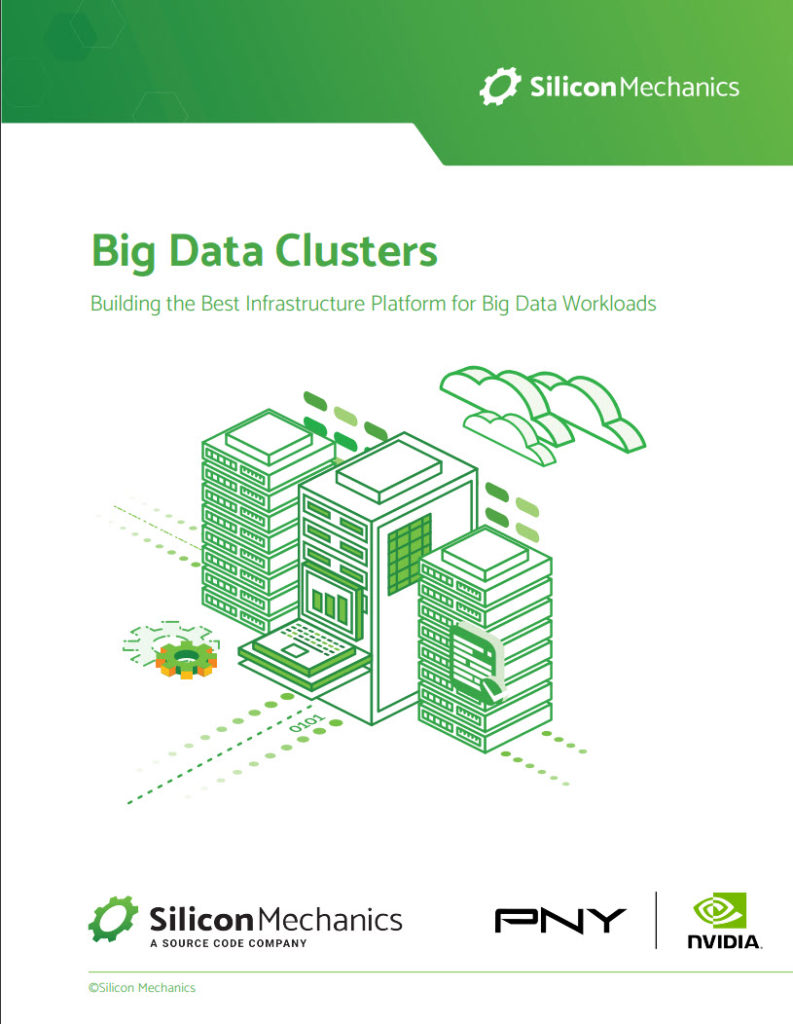 In this video from the 2017 Argonne Training Program on Extreme-Scale Computing, Galen Shipman from LANL presents: The Legion Programming Model.
In this video from the 2017 Argonne Training Program on Extreme-Scale Computing, Galen Shipman from LANL presents: The Legion Programming Model.
“Developed by Stanford University, Legion is a data-centric programming model for writing high-performance applications for distributed heterogeneous architectures. Legion provides a common framework for implementing applications which can achieve portable performance across a range of architectures. The target class of users dictates that productivity in Legion will always be a second-class design constraint behind performance. Instead Legion is designed to be extensible and to support higher-level productivity languages and libraries.”
At LANL, Legion is the basis for a number of projects on the Programming Models Team, as well as a possible future technology for other lab projects.
The ExaCT project is one of the major sponsors of Legion development and has produced a combustion application based on the Legion runtime system as well as a multigrid application. Also, the Scout project targets Legion as its underlying runtime system for task and data parallelism.
Galen Shipman is a research computer scientist at Los Alamos National Laboratory (LANL). His research interests include programming models, scalable runtime systems, and I/O. He currently leads multiple interdisciplinary efforts including the advancement and integration of next-generation programming models (Legion) within the Exascale Computing Project. His work includes direct engagement on advanced programming models with multiple application projects spanning the Office of Science and the National Nuclear Security Administration.
Mr. Shipman holds a B.A. in Finance and a M.S. in Computer Science from the University of New Mexico, in Albuquerque New Mexico. He has more than 16 years of experience as a computer scientist, software developer, and principal investigator. He is author or co-author on over 40 research papers in computer science and has contributed to a number of software projects in high performance and data intensive computing.




